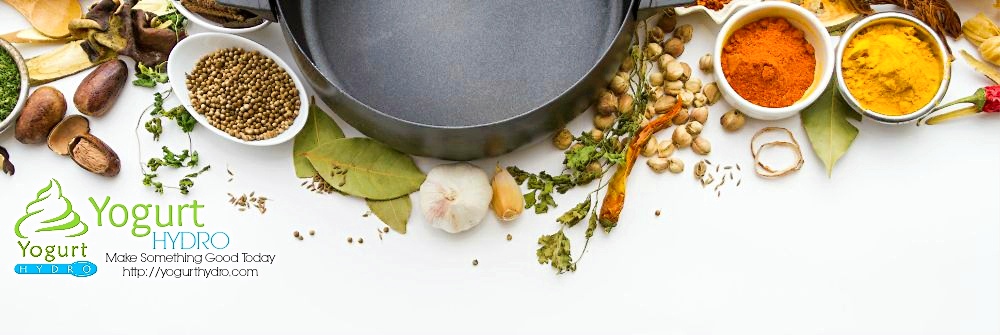Lime Ginger Beer / Wine
2014-07-05- Yield : 5 gallons
- Cook Time : 60m
- Ready In : 336:00 h
Ingredients
- 2.5 pounds fresh grated ginger
- 4 small limes, juiced and zest from 1
- 2 lemons, juiced and zest from 1
- 1/2 cinnamon stick
- 30 peppercorns
- 1/2 cup pineapple juice
- 1 tsp. cayenne powder
- 3 dried chilli peppers, crushed
- dash fennel seeds
- 1/2 tsp. vanilla extract
- pinch sea salt
- 10 cups white sugar
- 5 cups dark brown sugar
- 1 pkg. champagne yeast (IE: Lalvin EC-118)
- 5 gallons water
Method
Step 1
In large pot, bring 1 gallon of water to a boil. Reduce to simmer.
Step 2
Add ginger, limes, lemons, cinnamon stick, peppercorns, and spices. Cover and let simmer at least 30 minutes to extract flavors.
Step 3
Let cool to 80 - 90 degrees. Strain through several layers of cheesecloth into sterilized carboy, squeezing excess liquid from the pulp.
Step 4
Add sugar and stir to dissolve.
Step 5
Add vanilla extract, pineapple juice, sea salt and cool water to 5 gallon mark. If you're doing a hydrometer reading, now is the time.
Step 6
When liquid has cooled to 65 - 75 degrees, pitch yeast.
Step 7
Cover loosely with lid (I used several layers of cheesecloth and an elastic band. Store between 75 - 85 degrees and stir daily for 5 -6 days remembering to sanitize the aerator (or what you have on hand) before each use.
Step 8
On day 6 it is time to 'rack' the wine. You'll notice sediment at the bottom of the container. Without disturbing the sediment, use a sanitized siphon to rack into a secondary fermentation vessel. Cap with airlock.
Step 9
Wine can be left to age anywhere from 2 weeks to a year before bottling. If ageing for long periods, rack again every 3 - 6 months, when you notice sediment on the bottom of container. Earlier bottling means you will probably still have some fermentation happening, so expect a carbonated wine! If you want bubbles, leave bottles at room temperature 24 - 48 hours before putting in the fridge.
Step 10
!!Be aware when bottling!!! Carbonated beverages are releasing gasses that you've now put under pressure in a sealed container. "Bottle Bombs" do occur. To help prevent them, use pop bottles which are designed to withstand pressure from carbonation, don't bottle too soon, and burp the bottles as necessary (over the sink! slowly!) Always open away from face!









